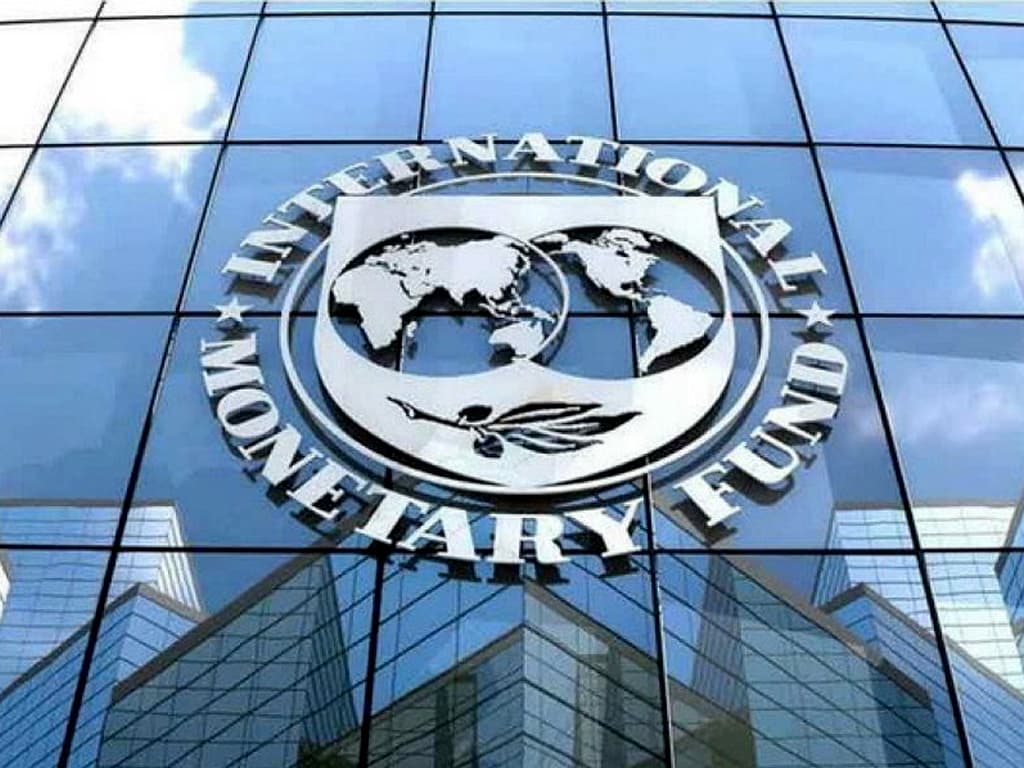- The Daily Brief, by The Kenyan Wall Street
- Posts
- JPMorgan Bets on Kenya, Why Startups Fail
JPMorgan Bets on Kenya, Why Startups Fail
Here's what you need to know to start your week

Direct to your inbox every Monday at 9am, and every weekday at 7:15pm (EAT)
What's Inside

“10 years from now, Kenya Will Do a Lot for the Health of JPMorgan” -CEO Jamie Dimon
In mid-October, JPMorgan Chase, the largest bank in the United States with more than $4.2 trillion in assets, made a strategic expansion into Sub-Saharan Africa by opening representative offices in Kenya and Ivory Coast.
JP Morgan’s growing interest in East and West Africa was followed by an extensive trip by CEO Jamie Dimon, who met with key partners, regulators, and government officials.
Dimon says he was impressed by the scale of tech innovation across Africa, while committing to make foundational investments even if they don’t yield immediate returns.
Dimon sees the Africa expansion project as part of JPMorgan's broader legacy-building effort.
“In Kenya, that’s not going to do anything for the fortunes of JPMorgan next year but 10 years from we’ll have a much better African network and that’ll do a lot for the health of JPMorgan,” Jamie Dimon, JPMorgan CEO, said at a private event hosted by Institute for International Finance (IIF) after his tour to Kenya, South Africa, and Nigeria.
“The network we’re building there—it’s a gift to the next generation. We bank South African and Nigerian companies outside of their countries, conduct extensive research, and educate the world on these markets. This is only the beginning. Africa will be part of the next generation’s global business landscape,” Dimon added.
Stay updated on this and other stories on The Kenyan Wall Street.
The first lesson of economics is scarcity: There is never enough of anything to satisfy all those who want it. The first lesson of politics is to disregard the first lesson of economics.
-Thomas Sowell
Why the ‘Silicon Valley Model’ is not to Blame for African Startup Failures
By Abraham Augustine
Critics have offered the theory the mythical Silicon Valley model as the proverbial sin offering in talks, podcasts, conference panels, news articles, research papers, and the perenially negative comments from LinkedIn high priests about why startups in Africa fail.
I’ve seen it enough to be repelled by this rather simplistic notion that awards outsize blame on “borrowed models from Silicon Valley” for the failure of African technology businesses.
There are two obvious reasons why this is untrue: imitation is common, adapting is common sense, and Silicon Valley is now more about the VC model than the geographical location that once exclusively held the nickname.
Headlines you might have missed
Interview of the Week
Have a great week!






